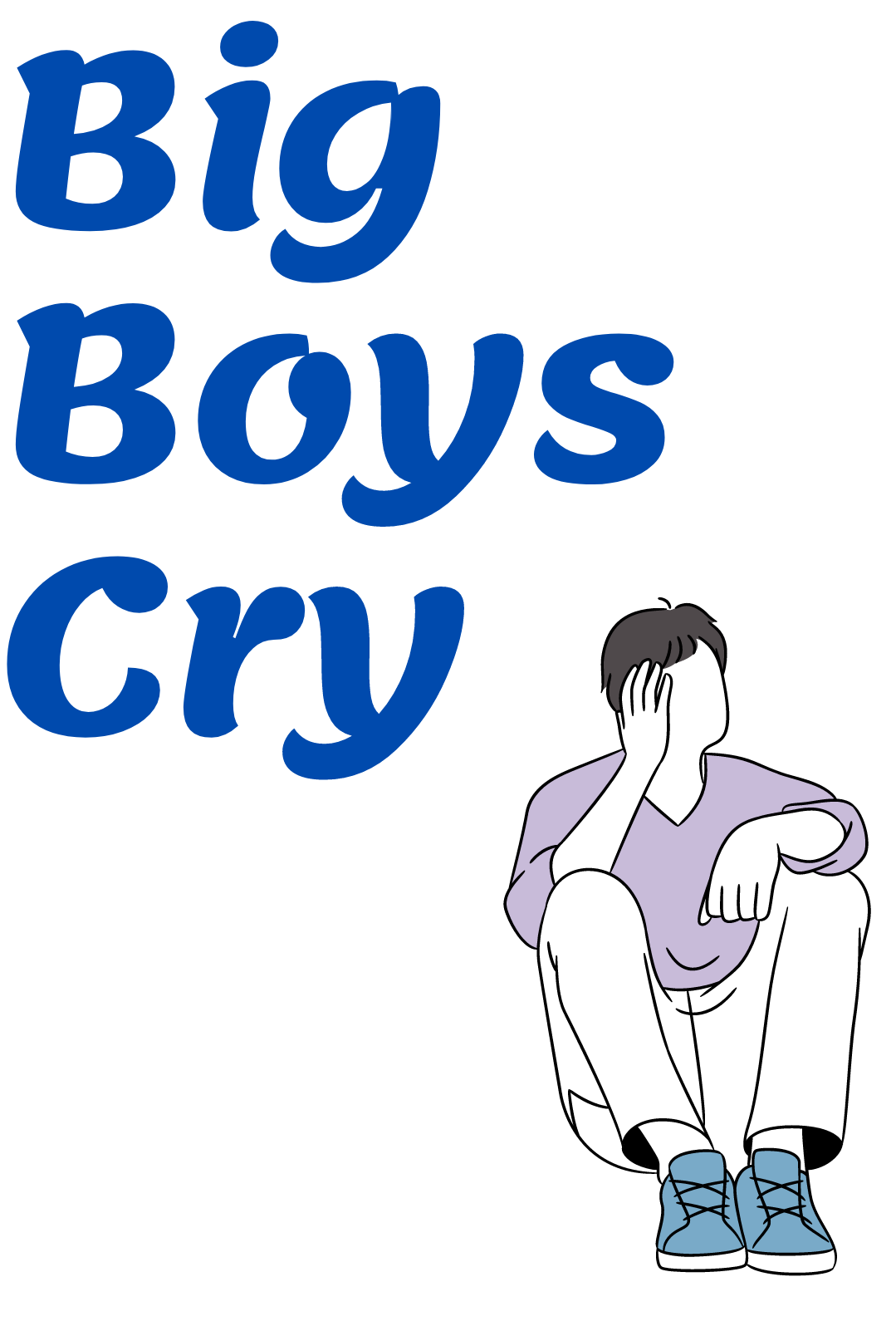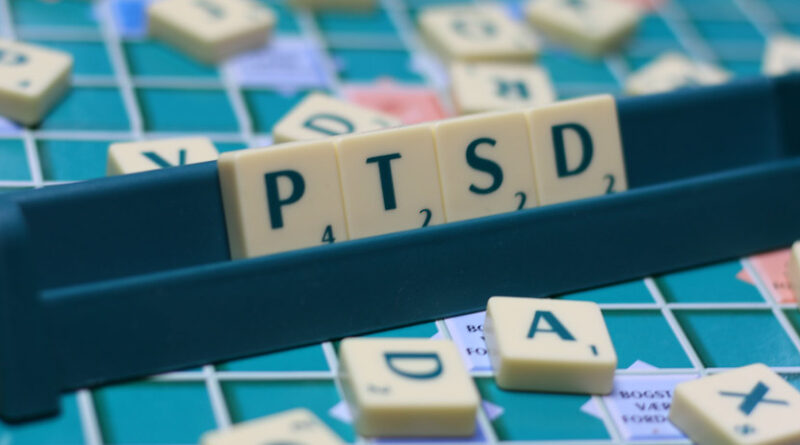PTSD Doesn’t Only Affect Soldiers
Many people associate post-traumatic stress disorder (PTSD) with combat soldiers. However, PTSD doesn’t only affect soldiers there are many sufferers of PTSD that were never in the military. Any traumatic event can result in PTSD. More than one traumatic event experienced by an individual can lead to Complex PTSD (CPTSD) which can bring both an increased and an additional range of negative emotions.
The ability to deal with trauma and stress varies greatly from person to person. While some people can handle nearly any event without long-term effects, others are considerably more prone to this condition.
PTSD is much more common than most people realise.
Serious PTSD symptoms include:
1. Flashbacks or other forms of reliving the event. These can include bad dreams, recurring thoughts or being triggered by anything that reminds the sufferer of the traumatic event. Physical symptoms are usually experienced, including pain, sweating and trembling.
● It’s possible to even see the traumatic event as if it is happening all over again.
2. Hypervigilance. This is an over-alertness in anticipation of possible danger, for example scanning crowds for dangerous people, sitting in a certain place at home to avoid being seen through any windows or an over-reliance on weapons in case the home is suddenly targeted by intruders.
● The person suffering from hypervigilance is consumed with the idea that something bad is going to happen. So, they’re always prepared for the worst, even if the worst has zero possibility of ever occurring. This can look like paranoia to the casual observer.
3. Disturbed sleep. Insomnia is a common symptom in those with PTSD. Nightmares and night sweats can also occur. It’s not easy to sleep when you have post-traumatic stress disorder.
4. Irritability and aggressive behaviour. Those with PTSD are often easily agitated and are prone to overreacting with aggression.
5. Altered thoughts. This may take the form of believing that the sufferer is bad or that all other people are bad. Feelings of guilt, shame and anger are also common.
These symptoms can range from annoying to life-altering. At the most extreme, sufferers of PTSD are unable to work and pose a serious threat to themselves and others. Suicide is common in the most extreme cases. Those with PTSD are known to hurt others as well.

There are many possible causes of PTSD outside of combat:
1. Sexual abuse. Sexual abuse is more common in children than any of us would like to believe. This is a powerful trauma that many victims struggle to process effectively.
2. Emotional abuse. The mind can only take so much abuse before it changes in a negative way. Emotional abuse can have effects that last years after the abuse. This can happen in adults, as well as children.
3. Physical abuse or other violence. Regular physical abuse can lead to post-traumatic stress disorder. It’s also possible for single events to result in PTSD. This can include being the victim of a violent crime such as robbery or rape.
4. Stressful experience. It could be a car accident, almost falling off a cliff, the health issues of a loved one or seeing someone suffer an injury. Nearly anything that creates a strong stress response can cause PTSD.
5. Mental illness. Many mental illnesses can be stressful. They can also make the sufferer much more susceptible to stressful events.
PTSD is a common challenge, even among those that have never served in the military or with the police. Trauma can be found nearly anywhere in society. Watching a loved one die or experience a mugging can result in post-traumatic stress disorder.
If you have any of the symptoms listed above, know that help for your symptoms is available. Make an appointment with your doctor to get some help.





Pingback: Could You Be Suffering From A Sleep Disorder? - Big Boys Cry